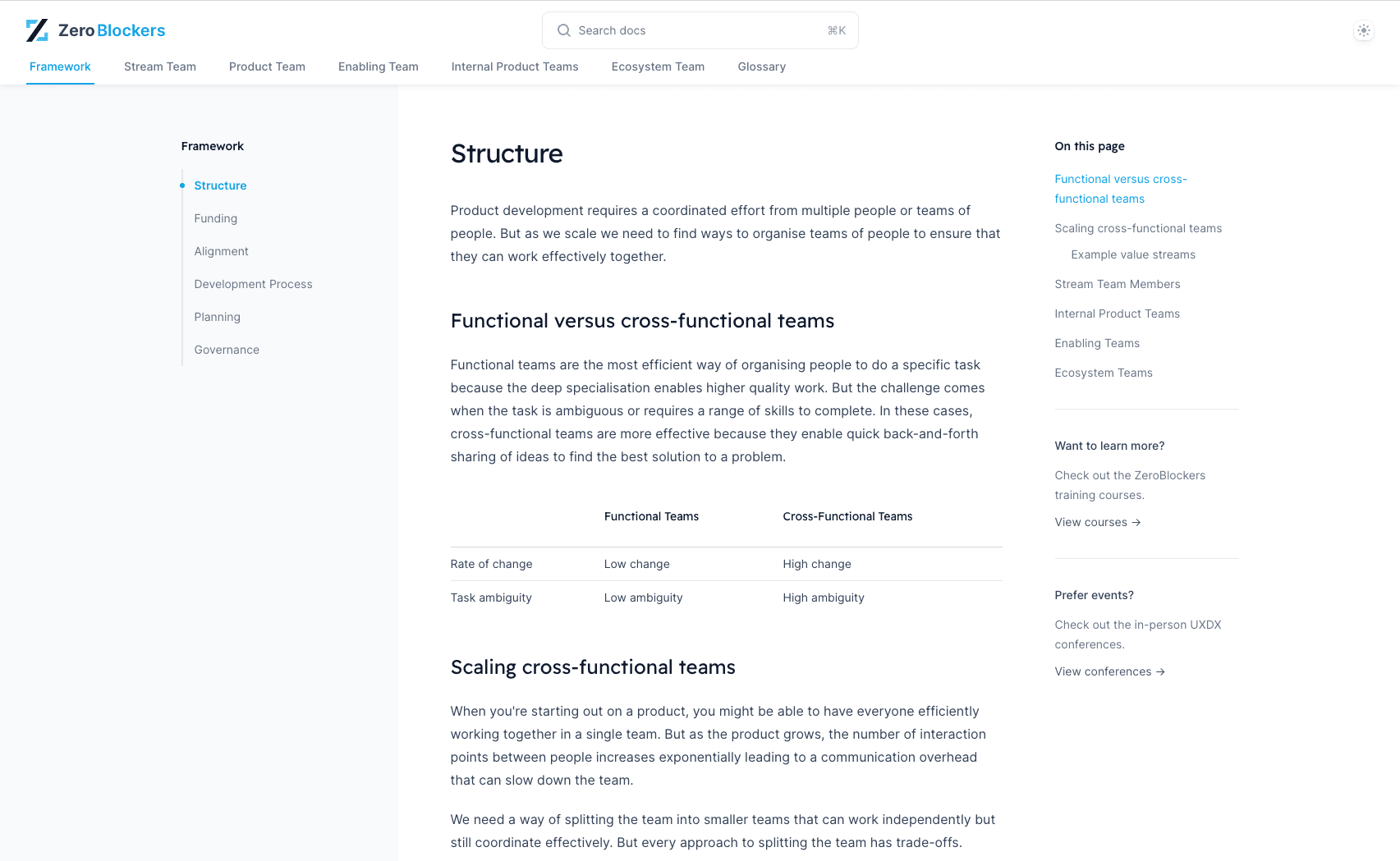Case StudyStream Team: Conducting Primary Generative Research - Adapting Primary Research Methods During COVID-19
Grab, a leading technology company in Southeast Asia, faced unprecedented challenges in conducting primary user research during the COVID-19 pandemic. Traditional in-person research methods were no longer feasible due to health and safety concerns, travel restrictions, and social distancing measures. This disruption threatened to impede the company's ability to gather critical user insights needed for informed decision-making and product development.

The Solution
Grab adapted its primary research methods to ensure continuity and effectiveness. The key components of their approach included:
- Remote Research Techniques: Grab transitioned to remote research techniques, utilizing online tools and platforms to conduct user interviews, surveys, and usability tests. This shift allowed the team to continue gathering insights without physical contact.
- Virtual Workshops and Focus Groups: The team organized virtual workshops and focus groups, leveraging video conferencing tools to engage with users in interactive sessions. This approach enabled collaborative discussions and idea generation while adhering to social distancing guidelines.
- Diary Studies: Grab implemented diary studies, where participants recorded their experiences and interactions with products over a period of time. This method provided rich, contextual insights into user behaviors and pain points in their natural environments.
- Ethnographic Research: Despite the limitations on in-person interactions, the team used remote ethnographic research techniques, such as mobile ethnography, to observe users in their daily lives through video recordings and self-reported data.
- Increased Use of Analytics: To complement qualitative insights, Grab enhanced its use of digital analytics tools to track user behaviors and patterns at scale. This data-driven approach provided a comprehensive view of user interactions with the platform.
- Flexible and Adaptive Planning: The research team adopted a flexible and adaptive planning approach, continuously iterating on research plans based on the evolving situation and feedback from participants. This agility ensured that research activities remained relevant and impactful.
Outcomes achieved
The adaptation of primary research methods during the COVID-19 pandemic led to several significant outcomes for Grab:
- Continued Insight Generation: The transition to remote research techniques ensured that Grab continued to gather valuable user insights despite the challenges posed by the pandemic. This continuity was crucial for ongoing product development and decision-making.
- Enhanced User Understanding: The use of diverse research methods, including diary studies and remote ethnography, provided a deeper and more nuanced understanding of user needs and behaviors in their real-life contexts.
- Improved Research Efficiency: Remote research tools and digital analytics enabled the team to conduct studies more efficiently, reaching a broader audience and collecting data more quickly than traditional methods.
- Increased User Engagement: Virtual workshops and focus groups facilitated interactive and engaging sessions with users, fostering a sense of participation and collaboration despite the physical distance.
- Strategic Adaptability: The flexible planning approach allowed Grab to quickly adapt to changing circumstances, ensuring that research activities remained aligned with business objectives and user needs.
